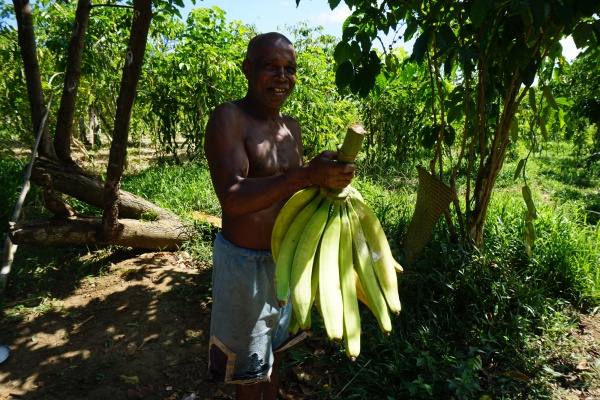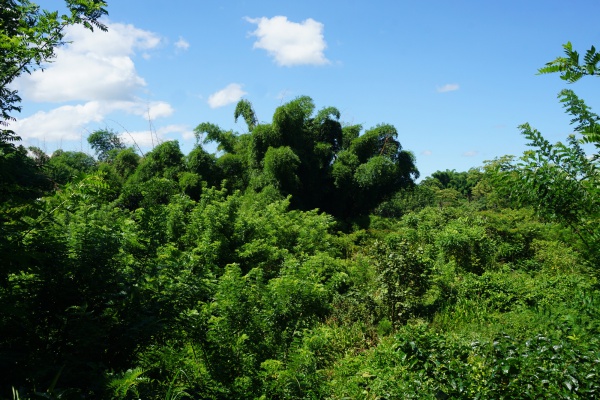Difference between revisions of "Vohitrarivo farmland"
CampMaster (talk | contribs) |
CampMaster (talk | contribs) |
||
| Line 1: | Line 1: | ||
| − | '''Vohitrarivo farm is a 40ha land for sale by the village of Vohitrarivo. It is a naturally organic farmland that has been used for small-scale farming without use of fertilisers, pesticides or fossil-fueled farming equipment for three generations of Malagasy farmers. Before then, it was unused. Although much grows including wild crops, major farming activity has not been active since about year 2000, having left much of the land to grow in the way nature designs it.''' | + | '''Vohitrarivo farm is a 40ha land for sale by the village of Vohitrarivo. It is a naturally organic farmland that has been used for small-scale farming without use of fertilisers, pesticides or fossil-fueled farming equipment for three generations of Malagasy farmers. Before then, it was unused. Although much grows including wild crops, major farming activity has not been active since about year 2000, having left much of the land to grow in the way mother nature designs it.''' |
Crops and plants, partly wild with only some small-scale cultivation activity by caretakers from the nearby village, include corn, sugarcane, pinapple, mango, lychee, cococut, banana, pepper, bamboo, breadfruit, vanilla, cassava, coffee, papaya, cocoa, chilli, cinammon and more. | Crops and plants, partly wild with only some small-scale cultivation activity by caretakers from the nearby village, include corn, sugarcane, pinapple, mango, lychee, cococut, banana, pepper, bamboo, breadfruit, vanilla, cassava, coffee, papaya, cocoa, chilli, cinammon and more. | ||
Revision as of 05:06, 21 December 2019
Vohitrarivo farm is a 40ha land for sale by the village of Vohitrarivo. It is a naturally organic farmland that has been used for small-scale farming without use of fertilisers, pesticides or fossil-fueled farming equipment for three generations of Malagasy farmers. Before then, it was unused. Although much grows including wild crops, major farming activity has not been active since about year 2000, having left much of the land to grow in the way mother nature designs it.
Crops and plants, partly wild with only some small-scale cultivation activity by caretakers from the nearby village, include corn, sugarcane, pinapple, mango, lychee, cococut, banana, pepper, bamboo, breadfruit, vanilla, cassava, coffee, papaya, cocoa, chilli, cinammon and more.
The area is located about 25km from the coast of the Indian Ocean and 20km off the main road between Antalaha and Sambava.
From the crossing at Ambodipont Isahana, a village of about 300 inhabitants, take the road inland passing the village of Tananabaovao after 4.6km, a village of about 100 inhabitants. 7.6km after is the village of Ambinanifaho with about 2,000 inhabitants. 8km further is the village of Ambodilalona with about 800 inhabitants. 3km thereafter is Lanjarivo with about 1,000 inhabits. 2km from there is Vohitrarivo with about 500 inhabitants.
About 1km upstream from Vohitrarivo lies the farmland. The land includes the river Farariana which originates at Marojejy. There are no inhabited villages upstream between the farming area and the river source. Downstream after the land, Farariana joins with Tananbao river to the south which streams further into the Indian Ocean.
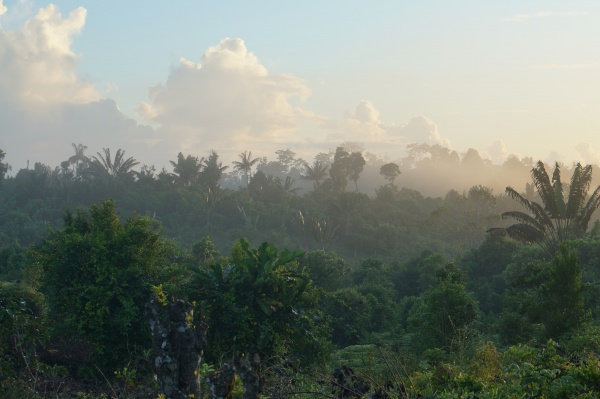
| ||
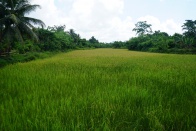
|
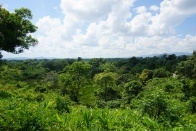
|
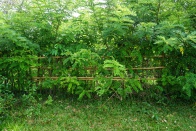
|
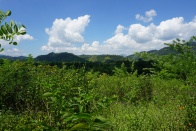
|
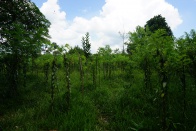
|
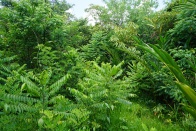
|
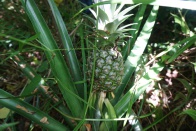
|
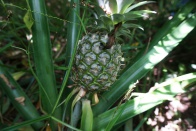
|
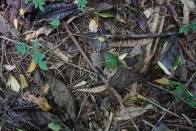
|
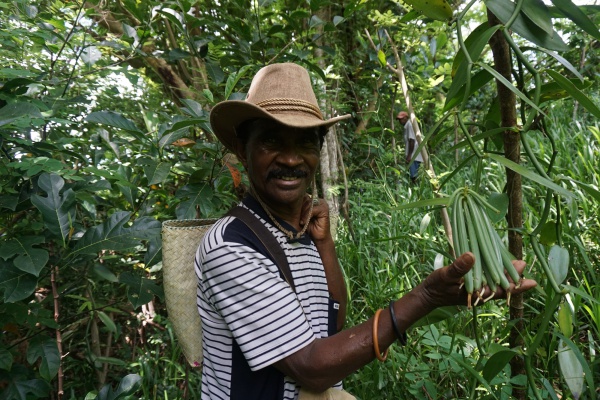
| ||
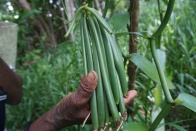
|
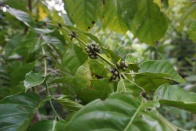
|
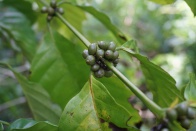
|
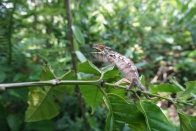
|
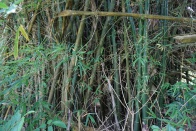
|
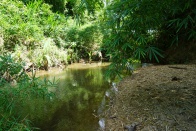
|
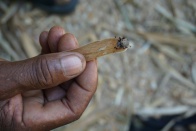
|
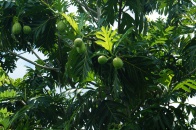
|
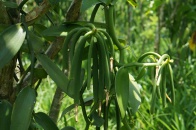
|
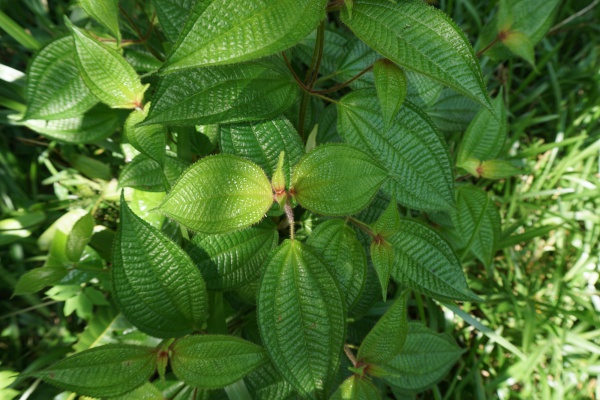
| ||
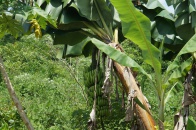
|
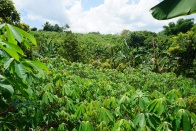
|
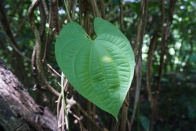
|
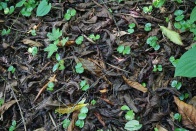
|
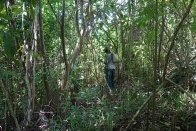
|
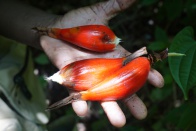
|
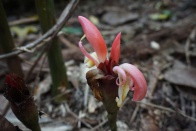
|
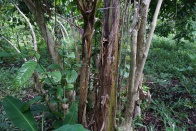
|
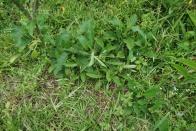
|
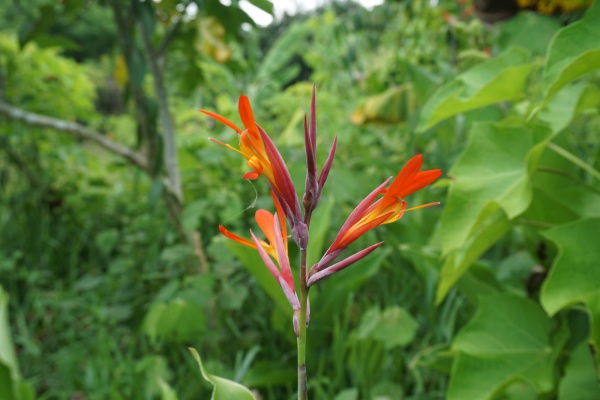
| ||
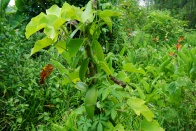
|

|
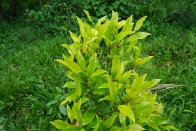
|
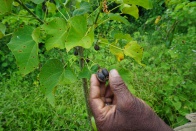
|
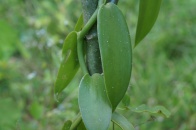
|
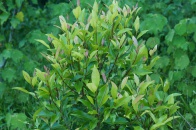
|
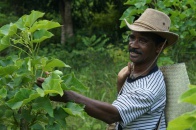
|

|
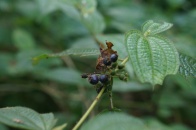
|
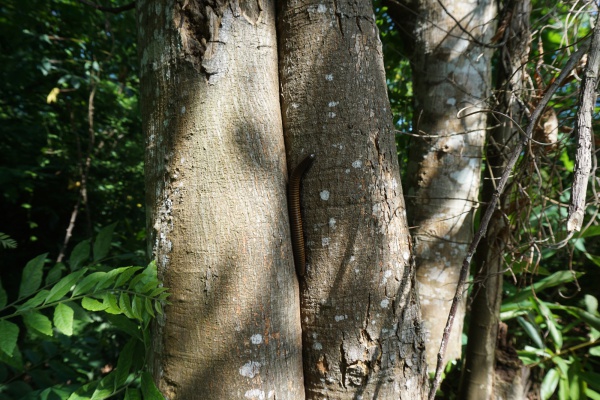
| ||
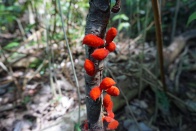
|
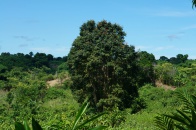
|
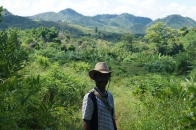
|
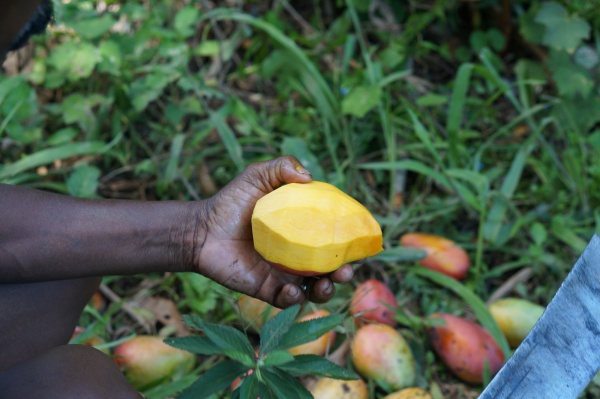
| ||
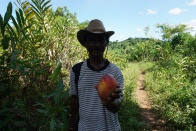
|
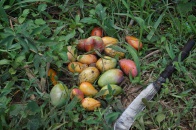
|
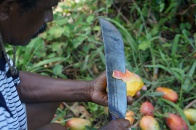
|
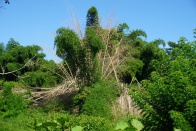
|
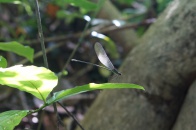
|
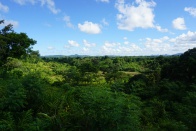
|
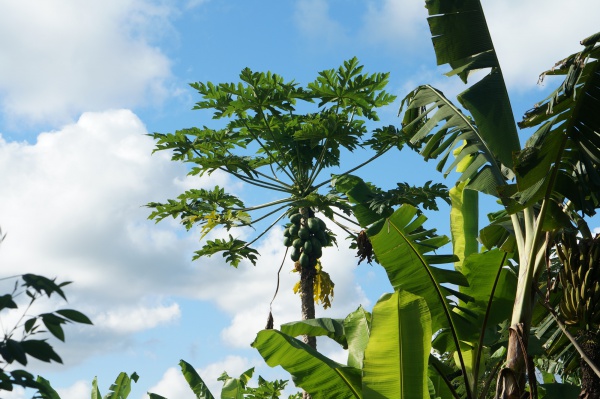
| ||
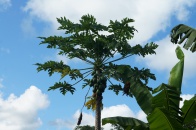
|
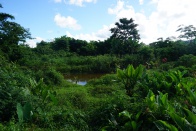
|
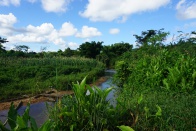
|
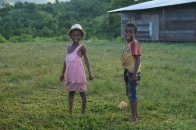
|
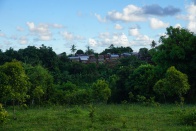
|
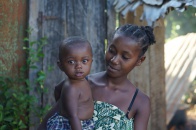
|
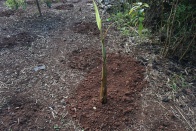
|
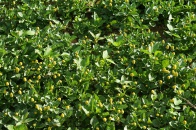
|
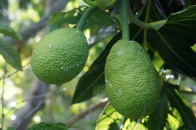
|
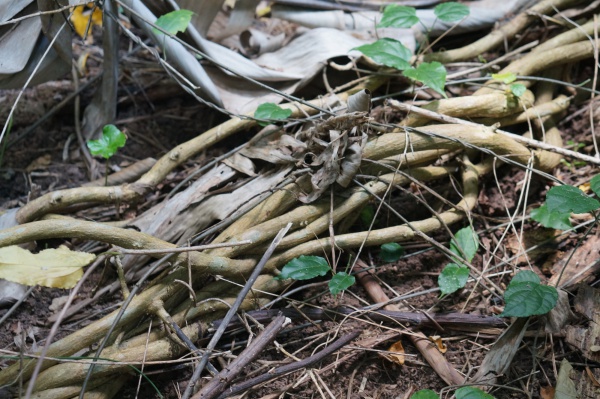
| ||
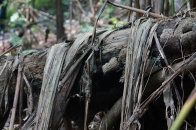
|
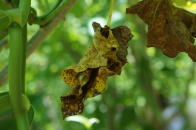
|
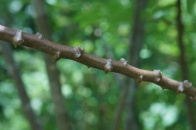
|
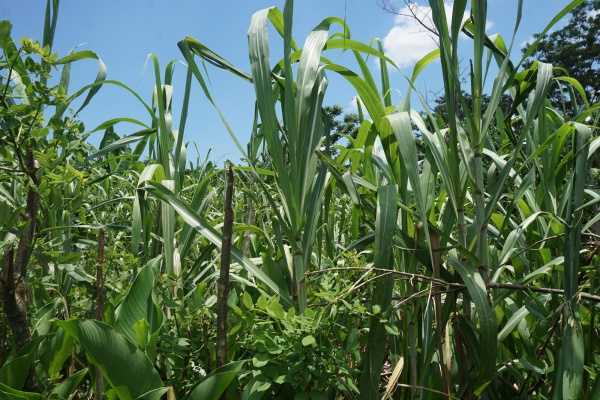
| ||
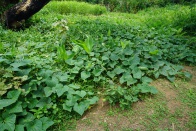
|
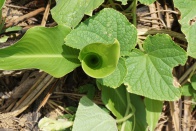
|
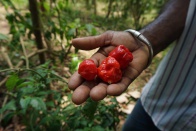
|
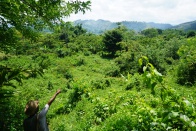
|
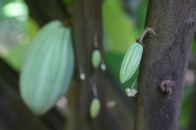
|
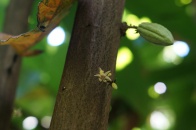
|
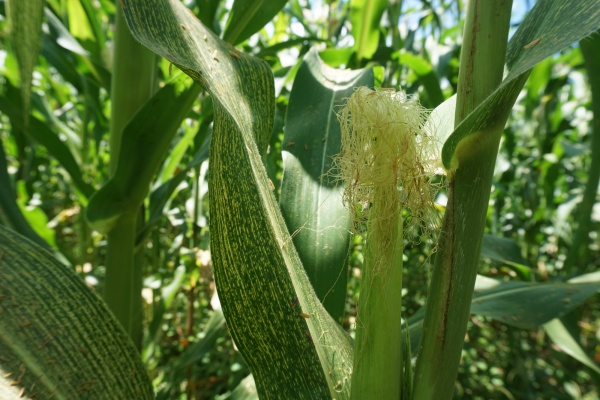
| ||
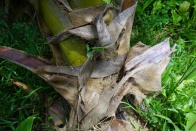
|

|
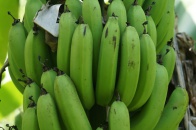
|
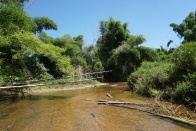
|
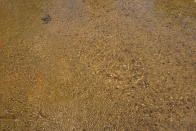
|
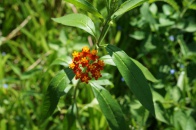
|
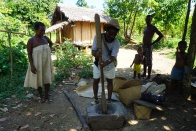
|

|
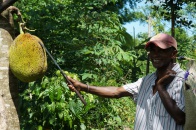
|
Distance around: 4.3 km
Minimum elevation: 12 m
Maximum elevation: 51 m
